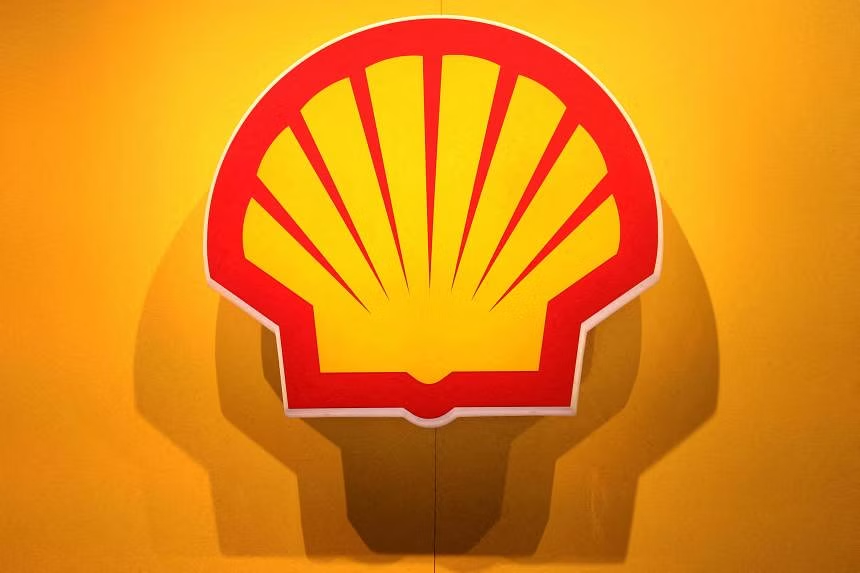
Speaking at a Singapore conference organised by professional services
firm Moore Stephens recently, she noted that oil and gas will continue to play a crucial role in supplying the world
with energy for decades to come.
“As crucial as decarbonising shipping is, maintaining energy security is
also of paramount importance. It is critical that we do not dismantle any
current energy system any faster than we can build the low and zero-carbon
network of the future,” she said. However, Ms
Trauth noted that shipowners and liners can take immediate action to cut
emissions by improving the energy efficiency of their ships using existing
infrastructure, technology and lower-carbon fuels.
Shell will also explore the use
of LNG as an alternative fuel for its fleet. LNG is
considered a cleaner alternative to traditional fossil fuels as it emits less
carbon and produces lower levels of air pollutants.
“As the largest LNG trader in
the world, Shell has developed a large LNG bunkering network across 19
locations. In Singapore, Shell has a physical presence through
FueLNG, a joint venture with offshore and marine firm Seatrium, which supplies
LNG bunkering.
Other existing solutions that can easily be deployed today include
biofuels like biodiesel, which can be mixed with existing fuels to reduce a
shipowner’s GHG emissions, said Ms Trauth. “The
industry should invest in fuel and tech solutions that are available today….
Ms Trauth said Shell is now working with various shipyards on a net-zero
vessel design which will give shipowners “extensive flexibility to integrate
future fuels and fuel technology on board”, including installing an electric
grid system on the vessel. Shell is
leading a consortium of partners to trial solid fuel cells on board an LNG
carrier, with the process expected to start in 2025, Ms Trauth said.
She added that in Singapore, Shell will be starting a trial involving
hydrogen fuel cells in collaboration with players like Penguin International
and Seatrium.
“By testing, learning and deploying these enabling technologies, we can
start to overcome some of the technical and commercial challenges of
decarbonising in the long run.”